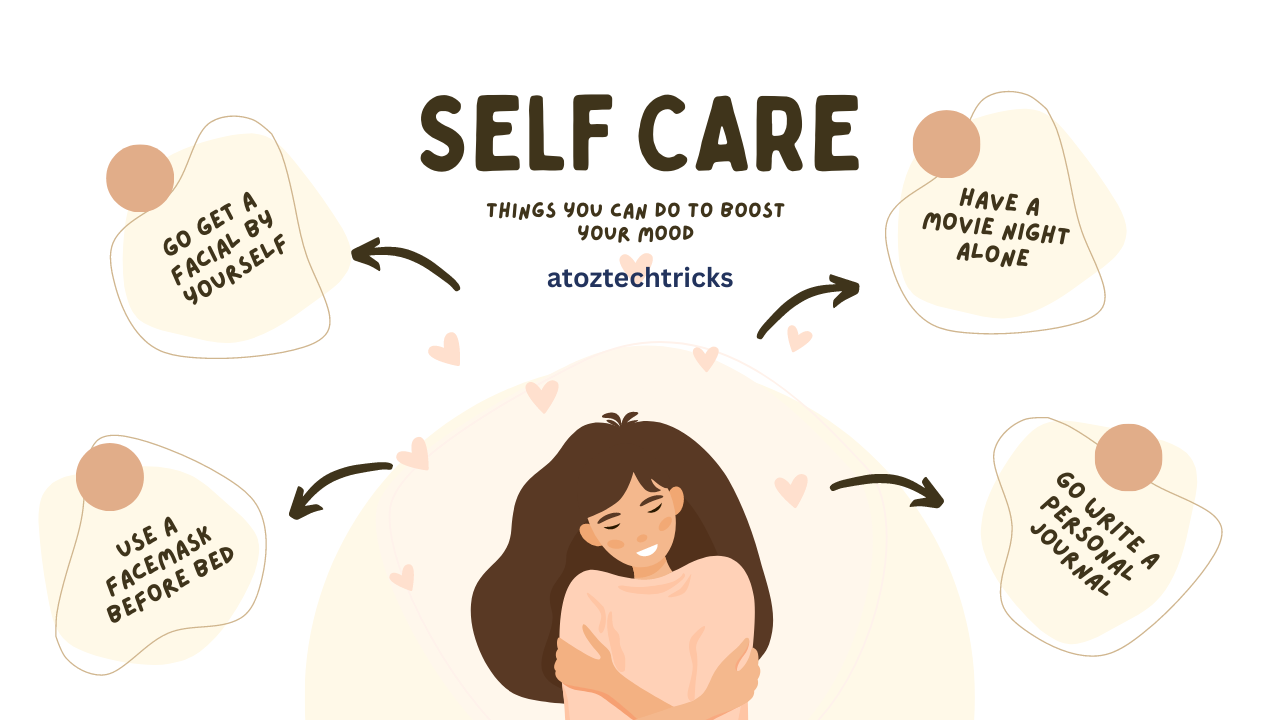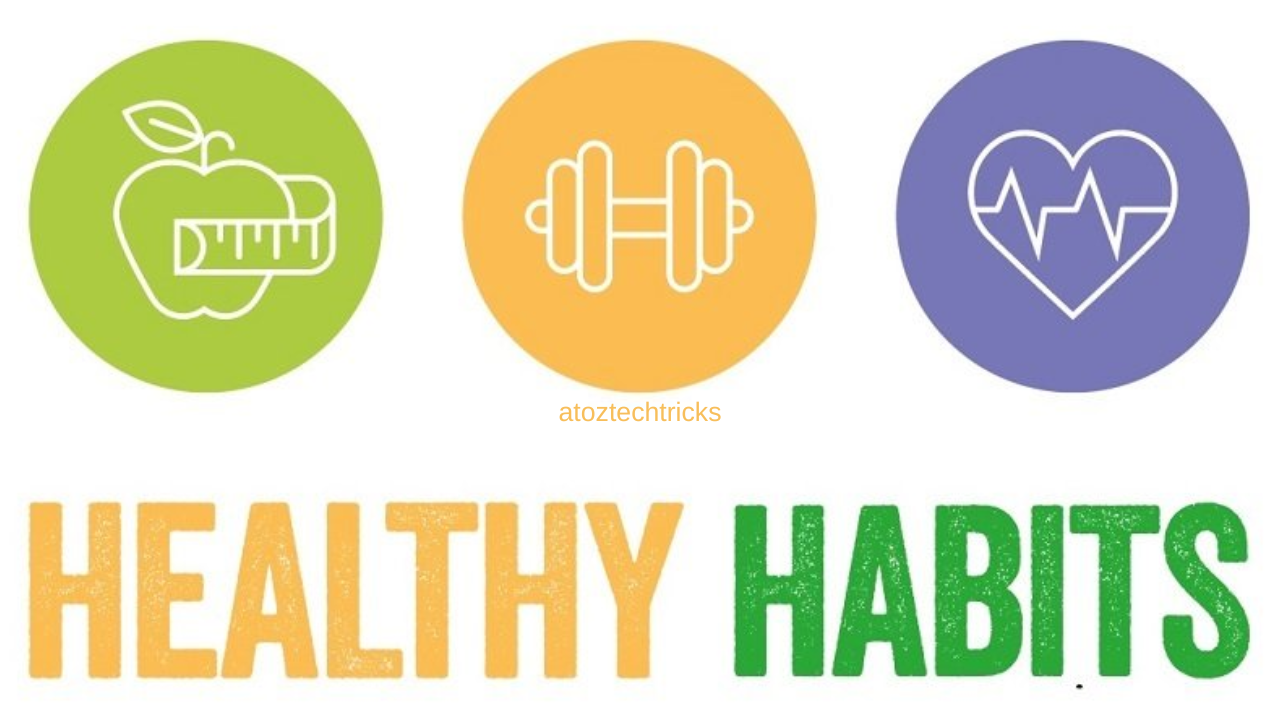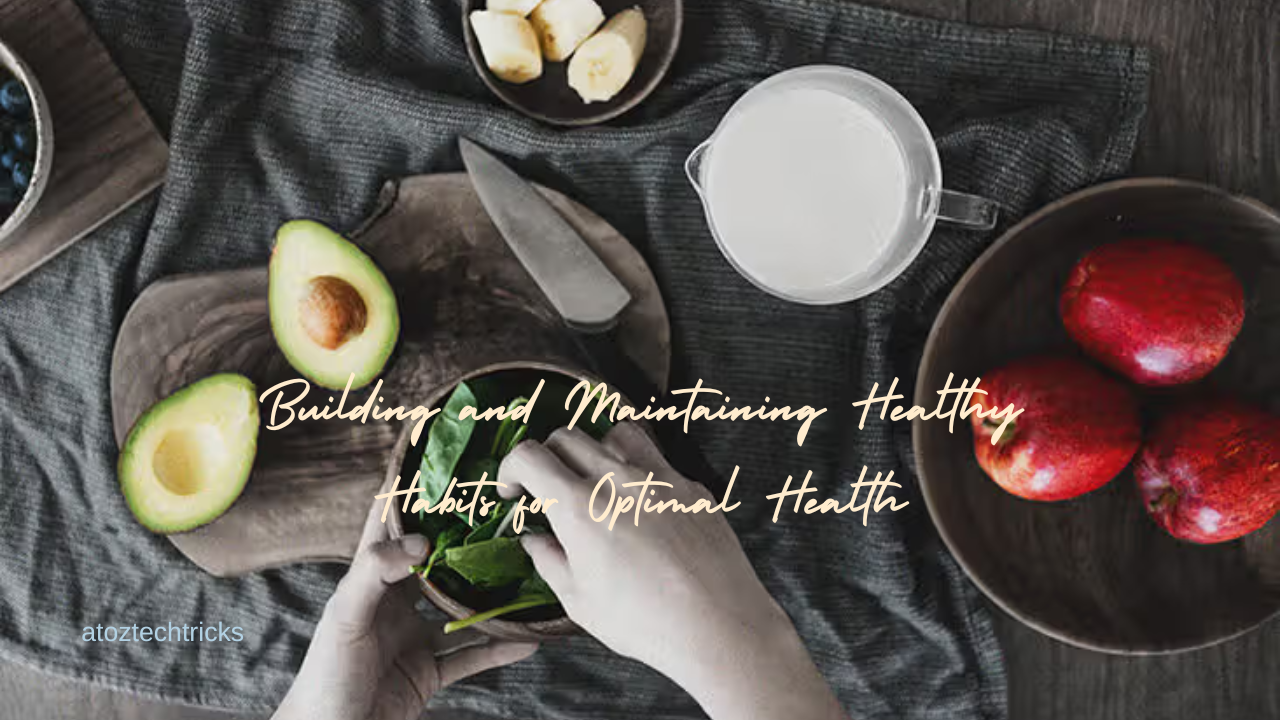Self-Care Practices for Emotional Well-Being: A Comprehensive Guide
In today’s fast-paced world, the importance of emotional well-being cannot be overstated. Our mental and emotional health impacts every facet of our lives, from our relationships to our work performance. Self-care is a crucial element in maintaining emotional well-being, offering us tools to manage stress, enhance resilience, and cultivate a more balanced life. This guide delves into various self-care practices designed to boost emotional health and promote a more fulfilling life.
Understanding Emotional Well-Being
Emotional well-being refers to the state of having positive mental health and a stable emotional condition. It involves the ability to manage emotions effectively, cope with stress, and maintain healthy relationships. Emotional well-being is characterized by feelings of contentment, self-acceptance, and resilience in the face of challenges.
Achieving and maintaining emotional well-being requires active and consistent self-care practices. This guide explores various self-care techniques that can help foster emotional stability and resilience.
1. Mindfulness and Meditation
Mindfulness and meditation are powerful tools for enhancing emotional well-being. These practices involve focusing your attention on the present moment and accepting it without judgment. By regularly engaging in mindfulness and meditation, you can:
- Reduce Stress: Mindfulness techniques help lower levels of cortisol, the stress hormone. By focusing on the present moment, you can break the cycle of rumination and reduce stress levels.
- Enhance Emotional Regulation: Meditation encourages a deeper awareness of your emotional responses, allowing you to manage your emotions more effectively.
- Improve Focus and Concentration: Regular meditation practices enhance your ability to concentrate and maintain focus, which can alleviate feelings of overwhelm.
Practical Steps:
- Start Small: Begin with just 5-10 minutes of mindfulness or meditation each day. Gradually increase the duration as you become more comfortable with the practice.
- Use Guided Meditations: There are many apps and online resources that offer guided meditation sessions to help you get started.
Impact of Emotional Well-Being on Relationships: A Comprehensive Exploration
2. Physical Exercise
Physical exercise is not only beneficial for your body but also for your mind. Regular physical activity can:
- Boost Mood: Exercise triggers the release of endorphins, often referred to as “feel-good” hormones. This natural mood lift can help combat feelings of depression and anxiety.
- Improve Sleep: Regular physical activity can contribute to better sleep quality, which is essential for emotional health.
- Increase Self-Esteem: Achieving fitness goals and maintaining a healthy lifestyle can enhance self-esteem and confidence.
Practical Steps:
- Find an Activity You Enjoy: Whether it’s jogging, swimming, dancing, or yoga, choose an exercise that you find enjoyable to ensure consistency.
- Set Realistic Goals: Start with achievable fitness goals and gradually increase the intensity as your fitness level improves.
3. Healthy Nutrition
What you eat has a significant impact on your emotional well-being. A balanced diet can:
- Stabilize Mood: Consuming a diet rich in fruits, vegetables, whole grains, and lean proteins can help stabilize your mood and energy levels.
- Improve Cognitive Function: Nutrients such as omega-3 fatty acids, found in fish and flaxseeds, are essential for brain health and cognitive function.
- Regulate Stress: Foods high in vitamins and minerals, such as magnesium and B vitamins, can help manage stress and anxiety.
Practical Steps:
- Incorporate a Variety of Foods: Aim to include a wide range of nutrient-dense foods in your diet to ensure you’re getting essential vitamins and minerals.
- Stay Hydrated: Proper hydration is crucial for overall health and can influence mood and energy levels. Aim to drink at least 8 glasses of water a day.
4. Quality Sleep
Cultivating Positive Emotions and Mindset: A Comprehensive Guide
Sleep is fundamental to emotional well-being. Quality sleep can:
- Enhance Emotional Resilience: Adequate sleep helps regulate emotions and enhances your ability to handle stress.
- Improve Cognitive Function: A good night’s sleep supports memory, decision-making, and problem-solving skills.
- Support Physical Health: Poor sleep can contribute to physical health issues, which can, in turn, affect emotional well-being.
Practical Steps:
- Establish a Sleep Routine: Aim to go to bed and wake up at the same time each day, even on weekends.
- Create a Relaxing Bedtime Routine: Engage in calming activities before bed, such as reading or taking a warm bath, to signal to your body that it’s time to wind down.
5. Healthy Relationships
Strong, supportive relationships are vital for emotional well-being. Healthy relationships can:
- Provide Emotional Support: Having a network of friends and family can offer comfort and encouragement during challenging times.
- Enhance Sense of Belonging: Feeling connected to others can boost self-esteem and provide a sense of purpose.
- Improve Mental Health: Positive social interactions can reduce feelings of loneliness and depression.
Practical Steps:
- Nurture Relationships: Make time for regular interactions with loved ones and show appreciation for their support.
- Set Boundaries: Establishing healthy boundaries can help maintain balanced and respectful relationships.
6. Personal Growth and Hobbies

Engaging in activities that promote personal growth and bring joy can significantly impact emotional well-being. Hobbies and personal interests can:
- Increase Satisfaction: Pursuing passions and hobbies provides a sense of accomplishment and joy.
- Boost Creativity: Engaging in creative activities can enhance problem-solving skills and reduce stress.
- Provide a Sense of Purpose: Setting personal goals and achieving them can provide a sense of purpose and direction.
Practical Steps:
- Explore New Interests: Try new activities or revisit old hobbies to discover what brings you joy and satisfaction.
- Set Personal Goals: Identify and work towards personal goals, whether related to learning a new skill or completing a creative project.
7. Journaling
Journaling is a therapeutic practice that can aid in emotional well-being. It allows you to:
- Process Emotions: Writing about your thoughts and feelings can help you process and understand them better.
- Track Progress: Journaling can provide insight into your emotional growth and progress over time.
- Enhance Self-Awareness: Regular journaling promotes self-reflection and can help identify patterns in your emotions and behavior.
Practical Steps:
- Establish a Routine: Set aside a few minutes each day for journaling, focusing on your thoughts, feelings, and experiences.
- Be Honest: Write freely and honestly to get the most benefit from your journaling practice.
8. Mindful Breathing
Mindful breathing is a simple yet effective technique for managing stress and improving emotional well-being. It involves focusing on your breath to calm your mind and body. Benefits include:
- Reducing Anxiety: Deep breathing exercises can activate the parasympathetic nervous system, reducing feelings of anxiety and stress.
- Enhancing Focus: Focusing on your breath can improve concentration and mental clarity.
- Promoting Relaxation: Regular practice of mindful breathing can help maintain a sense of calm and relaxation.
Practical Steps:
- Practice Deep Breathing: Try deep breathing exercises such as the 4-7-8 technique, where you inhale for 4 seconds, hold for 7 seconds, and exhale for 8 seconds.
- Incorporate Breathing Exercises into Your Routine: Take a few moments throughout the day to practice mindful breathing, especially during stressful situations.
9. Seeking Professional Help
Sometimes, self-care practices alone may not be sufficient to address deeper emotional issues. Seeking professional help can be an essential step in managing your emotional well-being. Therapy and counseling can:
- Provide Support: A mental health professional can offer guidance and support tailored to your specific needs.
- Teach Coping Strategies: Therapists can provide tools and techniques for managing stress, anxiety, and other emotional challenges.
- Facilitate Personal Growth: Therapy can help you explore and understand underlying issues, promoting personal growth and emotional resilience.
Practical Steps:
- Find a Qualified Professional: Look for licensed therapists or counselors who specialize in areas relevant to your needs.
- Be Open to the Process: Approach therapy with an open mind and a willingness to engage in self-reflection and growth.
10. Practicing Gratitude

Gratitude is a powerful practice that can enhance emotional well-being. Regularly acknowledging and appreciating the positive aspects of your life can:
- Shift Perspective: Focusing on what you are grateful for can help shift your perspective from negative to positive.
- Increase Happiness: Gratitude practices are associated with higher levels of happiness and life satisfaction.
- Strengthen Relationships: Expressing gratitude can strengthen relationships and foster a positive social environment.
Practical Steps:
- Keep a Gratitude Journal: Regularly write down things you are grateful for to cultivate a habit of appreciation.
- Express Thanks: Take time to express gratitude to others, whether through words or actions, to enhance your relationships and sense of connection.
Self-care is a vital component of maintaining emotional well-being. By incorporating practices such as mindfulness, physical exercise, healthy nutrition, quality sleep, nurturing relationships, personal growth, journaling, mindful breathing, seeking professional help, and practicing gratitude, you can foster a more balanced and fulfilling life. These self-care practices are not one-size-fits-all; it’s essential to find what works best for you and make them a consistent part of your routine. Prioritizing your emotional health can lead to a more resilient, happier, and more engaged life.




Post Comment